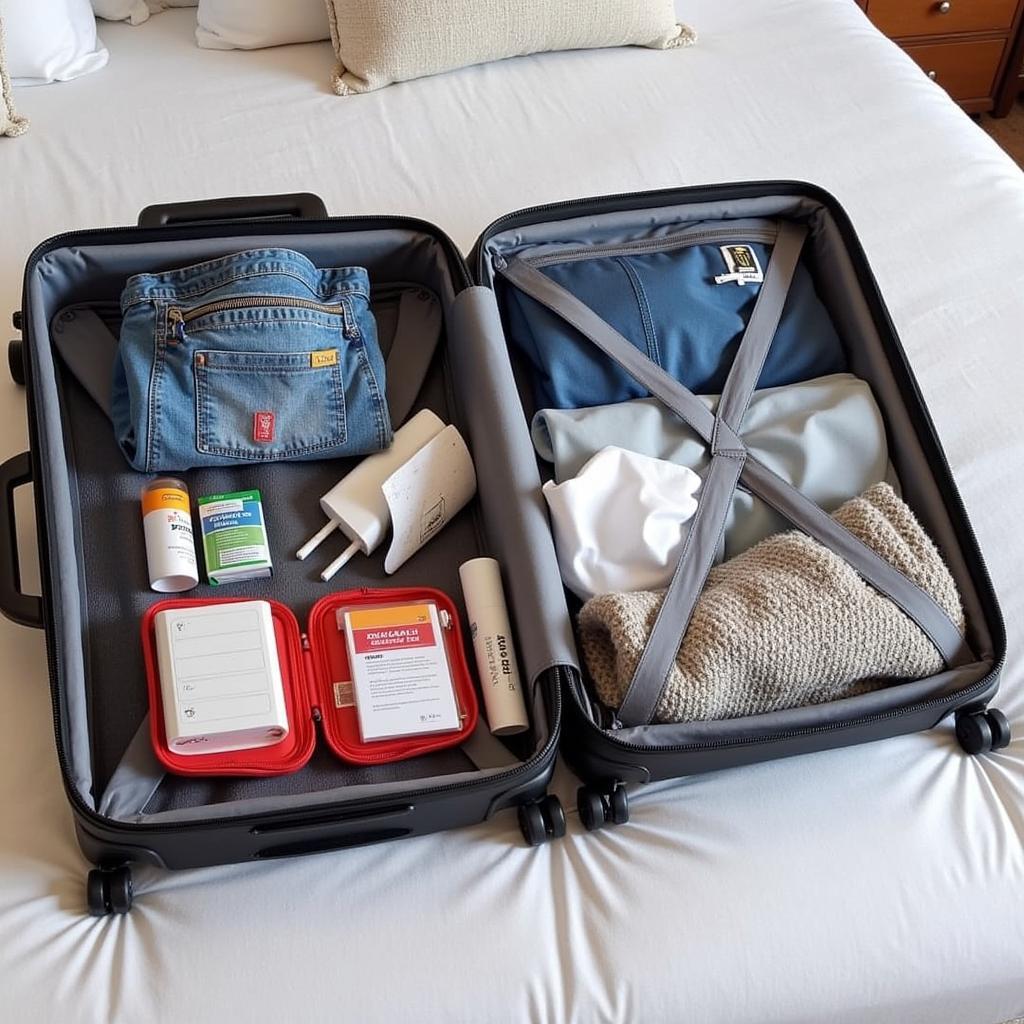Navigating the African Continent: A Guide for the Business Traveller
The modern business landscape increasingly points towards emerging markets, and Africa, with its burgeoning economies and diverse opportunities, beckons. For the uninitiated African Business Traveller, however, the journey can appear daunting. This guide serves as your compass, navigating the cultural nuances, logistical considerations, and unique opportunities that await.
Understanding the African Business Landscape
Africa is not a monolith. It’s a tapestry of 54 distinct countries, each with unique cultures, languages, and business practices. While generalizing is inaccurate, some common threads bind the continent’s business environment:
- Relationships are Paramount: Building trust and personal connections is crucial. Take time to cultivate relationships before diving into business discussions.
- Respect for Hierarchy: Decision-making often follows a hierarchical structure. Understanding the key stakeholders and decision-makers is essential.
- Time is Fluid: While punctuality is respected, meetings may not always adhere to strict schedules. Flexibility and patience are key.
Essential Tips for the African Business Traveller
 Packing essentials for the African business traveller
Packing essentials for the African business traveller
Pre-Trip Preparations:
- Visa Requirements: Research visa requirements well in advance. Some countries offer visas on arrival, while others require pre-arranged applications.
- Health Precautions: Consult your doctor about necessary vaccinations and preventative medications. Pack a well-stocked first-aid kit.
- Currency Exchange: Familiarize yourself with local currency exchange rates. Credit cards are widely accepted in major cities, but carrying local currency for smaller transactions is advisable.
- Communication: While English is widely spoken, learning a few basic phrases in the local language is appreciated and demonstrates respect.
Navigating Business Etiquette:
- Dress Code: Professional attire is expected, generally leaning towards conservative styles.
- Greetings: Handshakes are common, but pay attention to local customs. In some cultures, it’s considered respectful to use your right hand to shake and touch your heart.
- Gift Giving: Small, thoughtful gifts are appreciated, but avoid extravagant gestures.
- Communication Style: Direct communication is valued, but it’s important to be respectful and avoid confrontation.
Maximizing Your African Business Trip
- Embrace Cultural Experiences: Take time to immerse yourself in the local culture. Visit historical sites, explore markets, and sample local cuisine. These experiences offer valuable insights and foster stronger connections.
- Leverage Technology: Stay connected with reliable internet access. Consider using local SIM cards or mobile Wi-Fi hotspots.
- Seek Local Expertise: Local guides and fixers can be invaluable, providing cultural insights, language assistance, and logistical support.
- Be Mindful of Security: While most areas are safe, it’s crucial to stay informed about local safety guidelines.
Conclusion
Navigating the African business landscape offers both challenges and immense rewards. By approaching the experience with respect, cultural sensitivity, and thorough preparation, you’ll unlock a world of opportunities and forge lasting business relationships. Remember, the key to success lies in understanding and embracing the continent’s unique cultural tapestry.
For those seeking further insights into the adventurous side of travel, explore reviews from fellow explorers on the “African adventure travellers review”. Understanding the local currency is also vital, and resources like the “African currency rate in Indian rupees” can prove invaluable.
FAQ
Q: What are the best times to travel to Africa for business?
A: The best time to travel varies depending on the specific region and purpose of your trip. Generally, the dry seasons offer more predictable weather conditions.
Q: Is it safe to travel alone as a businessperson in Africa?
A: As with any destination, taking necessary safety precautions is crucial. Staying informed about local conditions and using reputable transportation services enhances safety.
Q: How do I address people respectfully in a business setting?
A: Using formal titles such as “Mr.” or “Ms.” followed by their surname is generally appropriate. However, it’s always best to ask for preferred forms of address.
Q: What are some common cultural sensitivities to be aware of?
A: Respect for elders is paramount in many African cultures. It’s also essential to avoid interrupting others and to show patience during conversations.
Q: What are some tips for successful business negotiations?
A: Building rapport and establishing trust are vital components of successful negotiations. Patience, flexibility, and a willingness to find mutually beneficial solutions are key.
For any assistance or further inquiries, feel free to reach out to us. Contact us at:
Phone Number: +255768904061
Email: [email protected]
Address: Mbarali DC Mawindi, Kangaga, Tanzania.
Our dedicated customer support team is available 24/7 to assist you with any questions or concerns. We look forward to welcoming you to Africa and helping you navigate your business journey with confidence and success.


